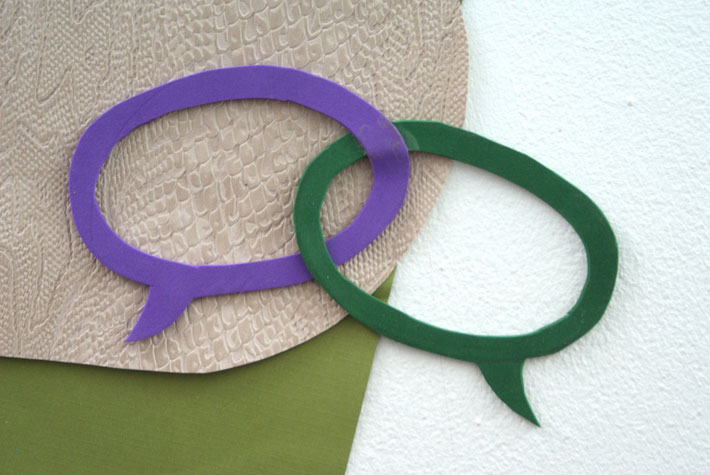Japanese can be a tough language to get into. Not because it's a hard language to learn, necessarily, but because there are a bunch of mental barriers and misconceptions. Japanese has a reputation for being hard to learn.
I can kind of understand why – Japanese can be scary to people. You have to learn all these brand new characters, grammatical structures and – oh God – there's kanji. Nothing scares off a potential Japanese student like kanji.
Native English speakers instead like to learn Romance languages (Spanish French Italian) because they're so similar to English in a lot of ways.
But I'm here to tell you that it's all a bunch of crap. People tend to build up Japanese as an impossible language to learn but, in my experience, Japanese is straight-forward and easy to learn.
Let's look at the nay-sayers and why they're wrong.
Who Says It's Difficult
Within the US government, there's an organization called the Foreign Service Institute (FSI). It prepares US diplomats and other government officials for trips abroad by teaching them the language and culture.
The FSI has a ranking system for languages based on how difficult they are and how long they take for native English speakers to learn.

The easiest languages are our old buddies, the Romance languages: Spanish, French, and Italian, among others. Most of these languages are in the same language family as English.
And, according to the FSI, the hardest are Arabic, Cantonese, Japanese, Korean, and Mandarin.
The FSI can be pretty hard to argue against. After all, it has plenty of experience teaching languages, so presumably the FSI knows better than most.
But I think that the FSI isn't giving Japanese a fair shake. There are lots of aspects of Japanese that are pretty simple and straight-forward, even for native English speakers.
Why Japanese Is Easy To Learn
Most people get hung up over a few specific aspects of Japanese while ignoring the nice and easy ones. When you look at Japanese compared to other languages, there are a lot of things about Japanese that are actually much easier.
Sounds
For one, Japanese phonology (the sounds that make up the language) is really simple. There are only five basic vowel sounds (most of which are common in other languages), and the consonants are pretty basic as well.
Compare that to English phonology. English phonology, especially the vowels, and much more complex than Japanese.

Another nice thing about Japanese is that it isn't a tonal language. In a bunch of different languages, like Mandarin or Vietnamese, your meaning varies depending on your tone
In Japanese, the pitch of your voice does matter a bit, but it's not nearly as pronounced as in tonal languages.
Grammar
Anybody who has tried to learn a Romance language knows that subjunctive tense will make you want to rip your hair out. What is subjunctive tense? Basically, it's expressing a future desire.
In Japanese, it's really, really easy to do. But in other languages, well…let's just say that I'm a native English speaker and, to be honest, I don't have a clue how subjunctive tense works in English.
And if you've studied Spanish or French at all, you know that in those languages, different nouns have different genders and need to be treated differently. El biblioteca is different from la biblioteca.
In Japanese, you don't have to deal with any of this. At all. A chair isn't masculine and a library isn't feminine. You will never have to guess the gender of an inanimate object.
K-k-k-kanji!
Even kanji, the boogeyman of the Japanese language, is actually pretty easy. Technology has not only made it a lot easier to learn kanji (through spaced repetition systems), but a lot easier to read and write kanji too. You no longer have to memorize the stroke order of each kanji; now, you can just type it in!

And if you don't know a kanji, it's incredibly easy to look it up on a phone or electronic dictionary. Much nicer than lugging around a thick kanji dictionary.
Of course, it's not easy to say that one language is objectively easier to learn than another. Language learning, generally, is a very subjective experience.
Don't get me wrong – Japanese can definitely be a struggle for new learners. Different people learn differently, there's no two ways about it.
But learning Japanese might not be as insurmountable a task as you think. Give it a shot – you may even find that Japanese is a breeze for you.
